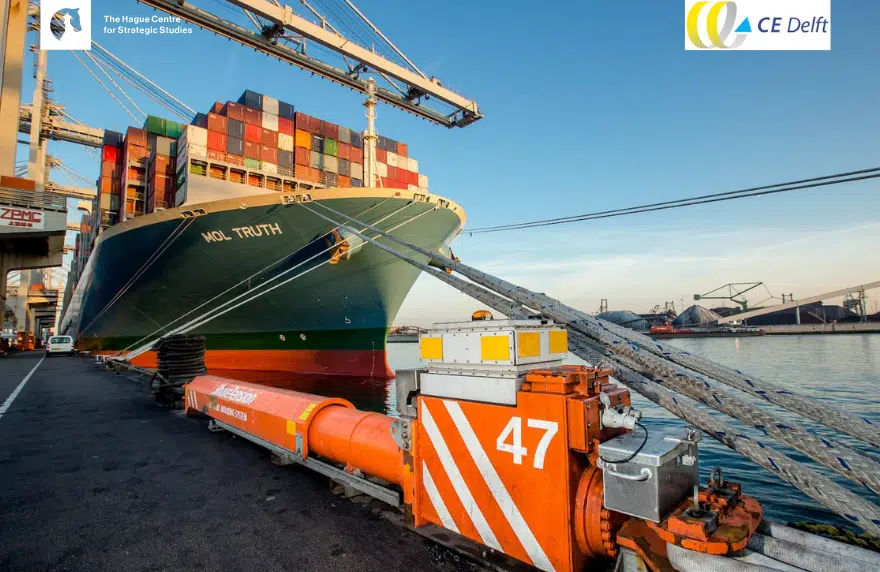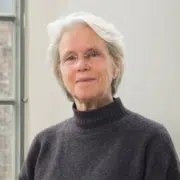The European Union’s (EU) sanctions on the import of Russian oil have far-reaching consequences for the global oil market and for European security of supply. At the same time, Fit-for-55 (FF55) plans for decarbonizing maritime shipping are under development and the various legislative proposals are expected to start being implemented around 2025. Sanctions could have an impact on the international position and decarbonization trajectory of the ARA (Amsterdam-Rotterdam-Antwerp) region, an important energy trade hub and the second largest bunkering port in the world. This report develops qualitative storylines that focus on the impacts of the sanctions on Russian oil on bunkering in ARA and the implementation of FF55 plans up to 2030.
The impact of the crude oil boycott of December 5th on European oil prices has been relatively weak and did not bring unexpected price hikes. Companies have been busy adapting to the sanctions during the second half of 2022, and most of Russian crude oil used in Europe had been replaced with alternatives by December 5th. However, Russian oil is still flowing to non-European countries that have not implemented sanctions, so the price of bunker fuels – specifically of fuel oil – in Europe may increase relatively to other locations that (still) sell discounted Russian oil.
In the longer term, the Dutch bunker market could develop in two ways – it could stay at levels similar to the pre-2022 situation or become more depressed than pre-2022. The position of Rotterdam and ARA as the EU’s largest bunker market is likely to remain the same across the two storylines, given that all European countries are facing similar decarbonization challenges. Compared to the global market, however, other ports could become similarly or even more attractive for investments in renewables.
Authors: Irina Patrahau, Lucia van Geuns (HCSS) and Jasper Faber, Emiel van den Toorn (CE Delft)
The conclusions and recommendations presented in this paper are the result of independent research. Responsibility for the content rests with the authors and the authors alone. The research was made possible by a financial contribution from the Dutch Ministry of Infrastructure and Water Management to the Hague Centre for Strategic Studies (HCSS) and CE Delft.





